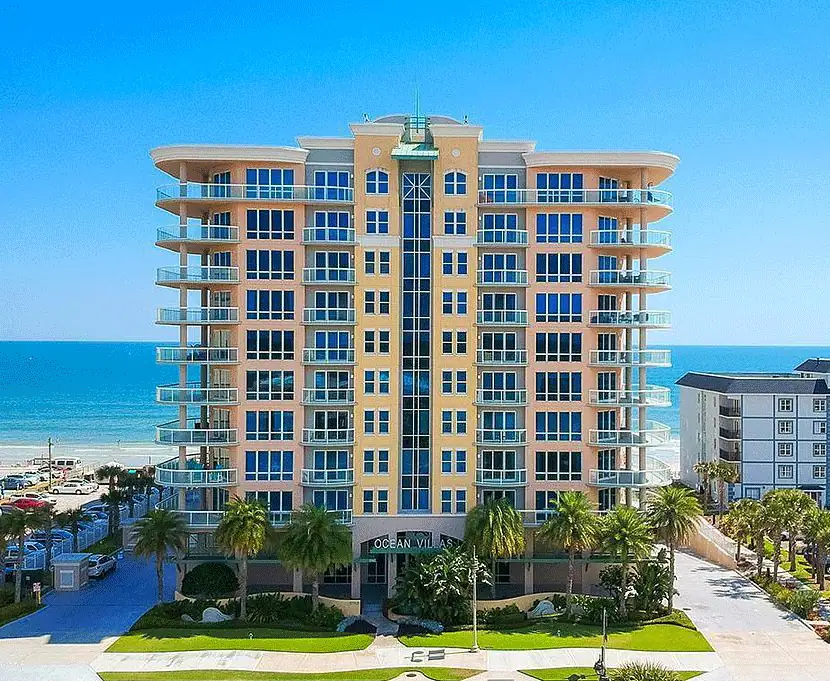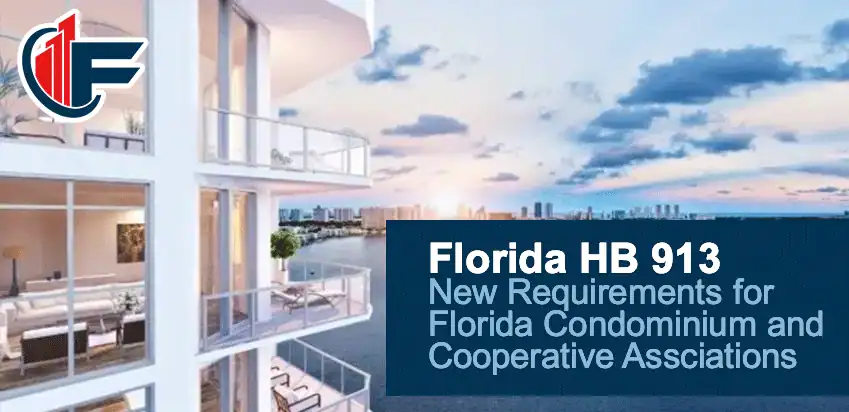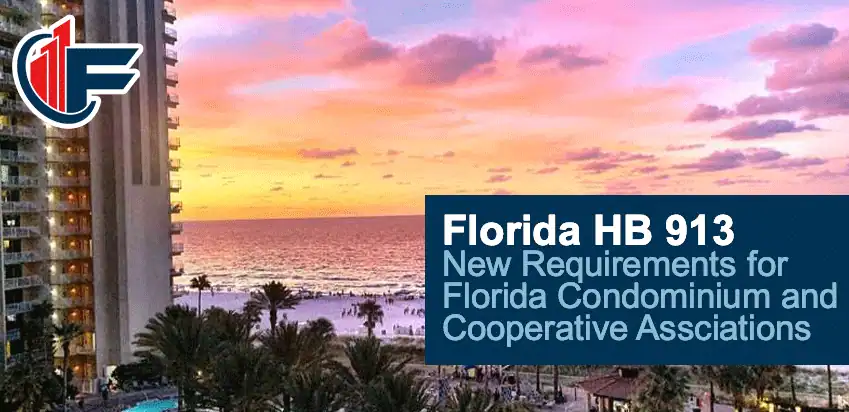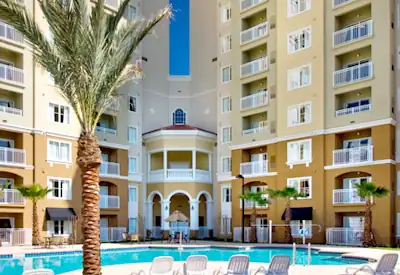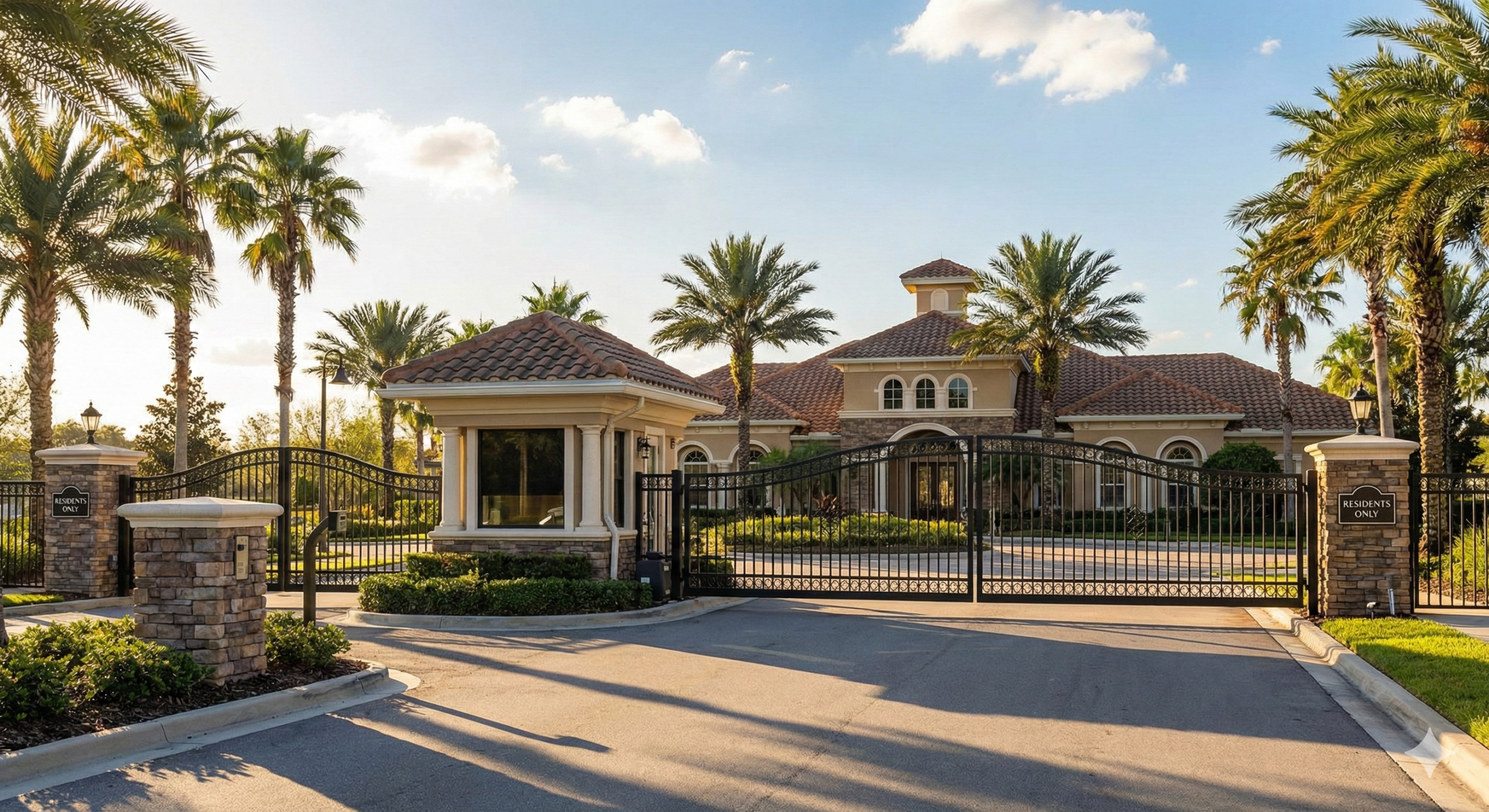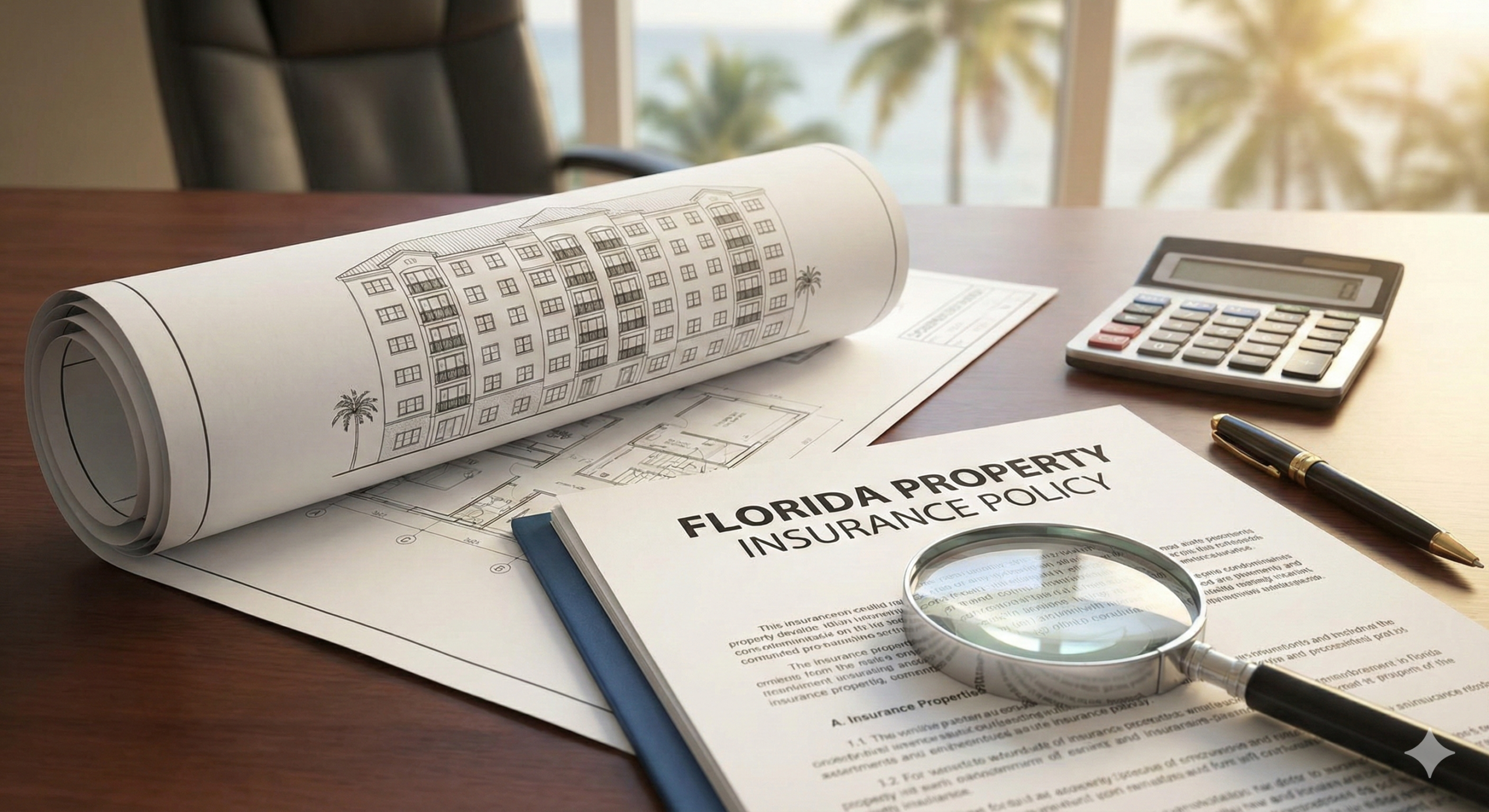You’re a dedicated board member of a vibrant Miami condo association, pouring your energy into keeping your community thriving—planning events, resolving resident concerns, and ensuring everything runs like clockwork. But then, an email from your insurance company lands like a thunderbolt: “Submit a current reserve study, or your coverage is at risk.” Suddenly, you’re staring down a tidal wave of Florida’s complex regulations, unpredictable hurricanes, and financial uncertainties. Your heart races with questions: “How do I manage this without blowing the budget or upsetting residents? What if I mess it up and we’re hit with massive repair costs or legal trouble?” The weight of it all feels overwhelming, unfair, and downright stressful—like you’re navigating a storm alone when all you want is clarity and confidence to protect your community.
You’re not alone in this. At FPAT, Florida’s trusted reserve study experts with over 20 years of experience, we feel the pressure you’re under—from the Structural Integrity Reserve Study (SIRS) mandates to the relentless coastal weather. We’re here to guide you, offering a clear path to compliance, financial security, and the peace of mind you deserve. In this 2025 guide, we’ll walk you through everything you need to know about Florida’s reserve study requirements for condos and HOAs, helping you feel empowered and in control. Start with our step-by-step reserve study process or visit FPAT’s reserve study services to learn more.
Why Reserve Studies Are Your Lifeline in Florida
You’re the heartbeat of your community, working tirelessly to keep it safe and thriving. Deep down, you want a financially sound association that can weather Florida’s storms—literal and regulatory—without keeping you up at night. The fear of failing your residents, facing surprise repair bills, or losing insurance looms large. That’s where reserve studies come in, acting as your anchor. These professional assessments evaluate your property’s common areas—roofs, pools, elevators, structural components—and map out future repair costs, ensuring your reserves are ready. In Florida, where hurricanes and salt air chew through infrastructure, this isn’t just paperwork; it’s your shield against chaos. Plan your budget with reserve study cost factors or read our post on why reserve studies are critical for Florida condos.
For condos, especially those three stories or taller, the stakes are higher after the 2021 Surfside tragedy, which sparked stricter laws like House Bill 913 (HB 913) in 2025, requiring SIRS to focus on structural safety. Learn about HB 913’s requirements or check the official HB 913 bill text. HOAs face similar needs, though their focus leans toward financial planning for amenities like clubhouses or roads. Getting this right transforms your anxiety into assurance, earning you gratitude from residents who see you as their rock. Compare condo vs. HOA reserve study differences.
The Stress and Struggles Facing Florida Associations
The challenges hit hard and fast. Florida’s environment is brutal—1,350 miles of coastline mean constant battles with corrosion, torrential rains, and storms that can tear through your budget. HB 913 demands condos three stories or taller complete SIRS every 10 years, covering critical components like foundations and roofing, with no option to waive funding. See the Florida Senate’s HB 913 details. HOAs, while less structurally focused, still need robust reserve plans to avoid financial pitfalls. The pressure of these mandates can make you feel like you’re drowning in deadlines. Find answers in our reserve study FAQs or our blog post on navigating Florida’s condo laws.
The emotional toll is real. You’re juggling budgets, resident complaints, and the nagging fear: “Am I equipped to handle this? What if underfunding leads to a crisis?” Data shows 60% of special assessments stem from inadequate reserves, fueling stress and potential board conflicts. Explore risks of delaying your reserve study or read about Surfside’s impact on reserve funding. Deep down, it feels unjust—why should you, a volunteer or stretched-thin manager, unravel complex laws like HB 913’s 2025 updates alone? You deserve a partner who lifts that burden, turning confusion into calm.
Your Trusted Partner: FPAT’s Understanding and Expertise
At FPAT, we get it—the sleepless nights, the knot in your stomach when insurance demands pile up. We’ve stood by countless Florida associations, from Tampa’s storm-battered condos to Orlando’s bustling HOAs, helping them find their footing. As Florida natives, we’re not just consultants; we’re neighbors who know the sting of humid summers and the urgency of hurricane prep. Our 20+ years of expertise in traditional reserve studies and SIRS, tailored to Florida’s climate and laws like HB 913’s $25,000 reserve thresholds, make us your go-to guide. We’ve helped boards avoid millions in penalties and assessments, replacing panic with pride in a job well done. Connect with us via FPAT’s contact page or explore why FPAT is Florida’s trusted expert.
Your Step-by-Step Path to Confidence
We know you’re craving simplicity, so we’ve crafted a clear plan to make reserve studies feel like a breeze.
Reach Out to FPAT: Drop us a line by phone or email. Share your worries—SIRS deadlines, HOA gaps, or storm risks. We’ll listen and assess, no pressure, just solutions. Book your free reserve study consultation.
Get a Personalized Proposal: In 3-5 days, you’ll have a clear plan detailing scope, timeline, and costs. For condos, we cover SIRS with engineering reviews; for HOAs, we focus on financial forecasts using proven methods like straight-line calculations. Learn about reserve study calculation methods.
On-Site Expertise: Our certified team visits your property, checking everything from Miami’s flood-prone foundations to Tampa’s HVAC wear, ensuring your study reflects Florida’s unique risks.
Receive Your Actionable Report: You’ll get a straightforward report with 30-year funding projections, compliant with 2025 laws that offer some associations a one-year deadline extension. Read about 2025 reserve law updates.
Implement with Ease: We’ll help you weave the plan into your budget, offering annual update options to keep pace with inflation or new laws. See how often to update your reserve study.
This process swaps stress for clarity, saving you time, money, and headaches while locking in compliance. Discover more in our post on how FPAT’s reserve study process works.
Take Action Now: Don’t Let the Storm Catch You Off Guard
The clock’s ticking—don’t wait for the next hurricane or audit to act. Contact FPAT today at FPAT’s contact page to schedule your reserve study and secure your community’s future. Feeling cautious? Download our free guide, “Understanding Florida’s Reserve Study Requirements in 2025,” at FPAT’s free guide page packed with tips to boost your confidence.
The Cost of Waiting: Risks That Could Derail You
Hesitating can feel like tempting fate. Without a reserve study, your insurance could vanish, leaving your community exposed to storm damages that cost billions yearly in Florida. Explore NOAA’s hurricane cost data. Underfunded reserves lead to special assessments—averaging $5,000 per unit—triggering resident frustration and board turnover. For condos, missing SIRS compliance risks state fines, legal battles, or even evacuations. The stress of these failures can crush your spirit and reputation, but it’s entirely avoidable. Avoid pitfalls with our tips on common reserve study mistakes.
The Joy of Success: A Secure, Thriving Community
Now, imagine the relief: Your reserve study is done, fully funded, and compliant. Insurance is locked in, budgets are balanced, and residents sing your praises. Your community is ready for anything—routine fixes or monster storms—with no surprise bills. FPAT’s expertise makes this real, delivering a financial plan that protects assets, lifts property values, and builds harmony. Associations with solid reserves see 20-30% lower turnover, creating a vibrant, resilient community you’re proud to lead. Celebrate your transformation to a confident leader or read our post on benefits of a strong reserve study.
From Frazzled to Fearless: Your Transformation
You started overwhelmed, buried under regulations and doubts, feeling alone in the fight. With FPAT’s support, you’re now a confident leader—compliance nailed, risks tamed, and community thriving. This shift isn’t just about work; it’s personal, freeing you to enjoy what you love most, knowing you’ve secured your residents’ trust and safety.
Condo vs. HOA Reserve Studies: What Sets Them Apart
Here’s the breakdown to ease your mind:
Condos: SIRS is mandatory for buildings three stories or taller, zeroing in on structural safety. Full funding is required by January 1, 2025, with no waivers. Understand SIRS requirements in Florida.
HOAs: Traditional studies focus on financial planning for amenities like pools or roads. Less regulated but vital to dodge assessments.
Both gain from expert input to meet HB 913’s inflation adjustments and reporting rules. Review HB 913’s reserve rules.
What Affects Reserve Study Costs?
Costs range from $1,500 for small HOAs to $15,000+ for large condos, driven by property size, complexity, and location. SIRS engineering needs and 2025 law updates play a role, but FPAT’s transparent pricing keeps it predictable. Request a custom reserve study quote.
How Often Should You Update?
SIRS is required every 10 years for qualifying condos, but annual reviews keep all associations ahead of wear, inflation, or storms. HOAs should update every 3-5 years for safety. Learn about reserve study update services.
Mistakes to Avoid for a Smoother Journey
Ignoring Florida’s Climate: Storms speed up wear—plan for it to avoid surprises. Review NOAA’s hurricane climatology.
DIY Attempts: Homemade studies often miss legal nuances; pros ensure compliance.
Skipping Updates: 2025 laws demand fresh reviews to stay penalty-free.
FPAT’s local expertise helps you steer clear of these traps. Get started with FPAT’s expert consultation.
FAQs to Ease Your Mind
When’s the SIRS deadline? December 31, 2024, for initial funding, with some extensions under HB 913. Check HB 913 extension details.
Do HOAs need reserve studies? Not mandatory, but critical for financial health.
How does HB 913 impact costs? It adjusts reserve thresholds, potentially easing burdens but requiring precise math. Explore HB 913 cost impacts.
Reserve studies are your ticket to a secure, stress-free future. With FPAT by your side, the journey feels less like a battle and more like a victory. Reach out today at FPAT’s contact page—let’s make your community unstoppable.

